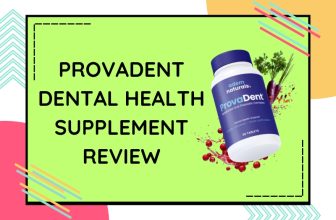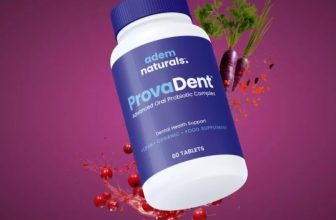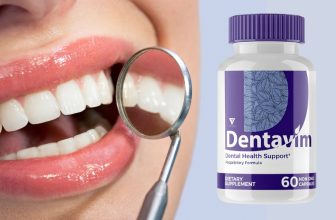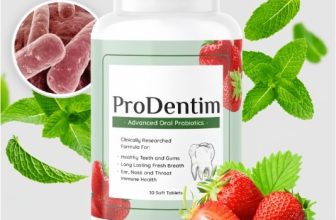Top ways ProvaDent can reduce dental inflammation.
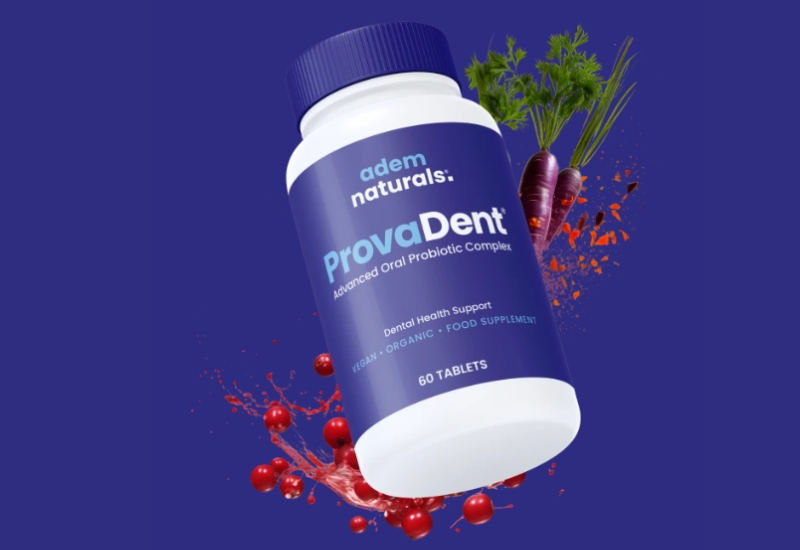
Dental inflammation, particularly involving the gums (gingivitis) or more severe conditions affecting bone and surrounding tissues (periodontitis), is a common issue that can lead to significant discomfort and long-term oral health problems. To effectively minimize inflammation and enhance patient outcomes, ProvaDent should focus on proven strategies to improve overall dental health. This guide explores the top ways ProvaDent can reduce dental inflammation, with a focus on SEO-optimized keywords and actionable methods.

1. Preventive Care and Patient Education
Preventive care is the foundation of dental inflammation management. ProvaDent should prioritize patient education on oral hygiene practices, such as proper brushing techniques, flossing, and mouthwash use. Effective plaque removal through consistent oral hygiene prevents gingivitis and inflammation. ProvaDent can offer educational programs, personalized guides, and workshops to teach the best practices for oral health care. Empowering patients with these skills helps them prevent inflammation and maintain long-term oral health.
Regular dental cleanings are another vital aspect of preventive care. Professional cleanings help remove plaque and tartar buildup, reducing bacterial load and minimizing the risk of gum inflammation. ProvaDent can implement automated reminder systems for biannual cleanings to encourage patient participation and reduce inflammation risks.

2. Use of Anti-Inflammatory Agents
Targeted anti-inflammatory agents are effective for managing acute dental inflammation. ProvaDent could use systemic and local pharmacological interventions depending on severity. Non-steroidal anti-inflammatory drugs (NSAIDs) like ibuprofen can effectively control pain and inflammation. Additionally, topical anti-inflammatory agents such as chlorhexidine gel or mouthwash can help reduce gum inflammation.
In severe cases where NSAIDs are insufficient, corticosteroids may be considered. Dental gels containing triamcinolone acetonide or hydrocortisone are useful for short-term management of intense gum inflammation. Careful monitoring is necessary to avoid long-term side effects.
3. Advanced Dental Technology
Adopting advanced dental technology can significantly reduce dental inflammation. Laser-assisted periodontal therapy is an excellent option to remove bacteria from gingival pockets while minimizing damage to healthy tissue. This method also promotes wound healing and reduces post-treatment inflammation.
Ultrasonic scaling devices are another promising technology that ProvaDent can use. These devices effectively break down calculus and clean periodontal pockets better than traditional tools, helping to reduce bacterial burden and dental inflammation.

4. Anti-Microbial Treatments
Reducing the bacterial load is essential in managing dental inflammation. ProvaDent can incorporate antibiotic therapy, including both systemic antibiotics for severe cases and localized antibiotic gels like doxycycline for targeted intervention.
ProvaDent could also promote probiotic use to maintain a balanced oral microbiome. Research suggests that probiotics can inhibit the growth of pathogenic bacteria, which contributes to inflammation. Recommending oral health probiotics as part of at-home care can help reduce dental inflammation and maintain periodontal stability.
5. Diet and Lifestyle Modifications
Diet plays a significant role in reducing systemic and oral inflammation. ProvaDent should educate patients on nutrition and lifestyle choices that support optimal oral health. Diets rich in antioxidants and omega-3 fatty acids can help lower inflammation by neutralizing free radicals and regulating immune responses. Encouraging the consumption of anti-inflammatory foods like leafy greens, fatty fish, and nuts can reduce inflammation naturally.
Additionally, smoking cessation is crucial for reducing periodontal inflammation. ProvaDent could introduce smoking cessation programs, including counseling and nicotine replacement therapies, to assist patients in quitting smoking, leading to improved gum health and reduced inflammation.

6. Encouraging Saliva Flow and Hydration
Saliva plays a critical role in oral health by neutralizing acids and washing away bacteria. Xerostomia (dry mouth) increases the risk of bacterial growth and inflammation. ProvaDent can assist patients with dry mouth by recommending saliva substitutes, sugar-free chewing gums, or prescription medications that stimulate saliva production. Staying hydrated also helps maintain a healthy oral environment and reduces inflammation risks.
7. Probiotic Therapy for Oral Microbiome Balance
Balancing the oral microbiome is crucial for preventing excessive inflammation. ProvaDent could recommend oral probiotics in the form of lozenges or oral sprays to support a healthy balance of bacteria in the oral cavity.
Targeted probiotic treatments help reduce harmful bacteria, promoting a healthier oral environment and preventing the progression of periodontal disease.

8. Scaling and Root Planing (Deep Cleaning)
Scaling and root planing, also known as deep cleaning, is an effective treatment for patients experiencing gum inflammation due to periodontal disease. By cleaning below the gumline and smoothing root surfaces, this procedure reduces bacterial load and promotes gum reattachment to the teeth. ProvaDent should recommend deep cleanings for patients with moderate to severe gum disease to alleviate inflammation and support oral health.
9. Regular Monitoring and Follow-Up Care
Regular monitoring is essential to prevent the recurrence of dental inflammation. ProvaDent should establish a structured follow-up system for patients with a history of periodontal disease. Regular check-ups and timely assessments of gum health help maintain long-term oral health.
Personalized care plans, including at-home care routines, professional cleanings, and timely interventions, are crucial to reducing recurring inflammation. Using dental software to remind patients of appointments and track treatment progress can also enhance patient engagement and outcomes.

10. Addressing Systemic Health Factors
Oral inflammation is often linked to underlying systemic health issues such as diabetes, cardiovascular disease, and autoimmune disorders. ProvaDent should adopt a holistic approach by collaborating with patients’ healthcare providers to address these underlying conditions. Encouraging patients to manage chronic health conditions effectively, maintain proper glycemic control, reduce stress, and follow a healthy lifestyle will help reduce dental inflammation.
Conclusion

Reducing dental inflammation requires a multifaceted approach, including preventive care, patient education, targeted treatments, and the use of advanced technology. By emphasizing a holistic, patient-centered approach, ProvaDent can significantly improve the oral health of its patients. Effective plaque control, anti-inflammatory treatments, advanced technologies, and collaboration with healthcare providers are essential strategies for minimizing dental inflammation and promoting healthy smiles.



